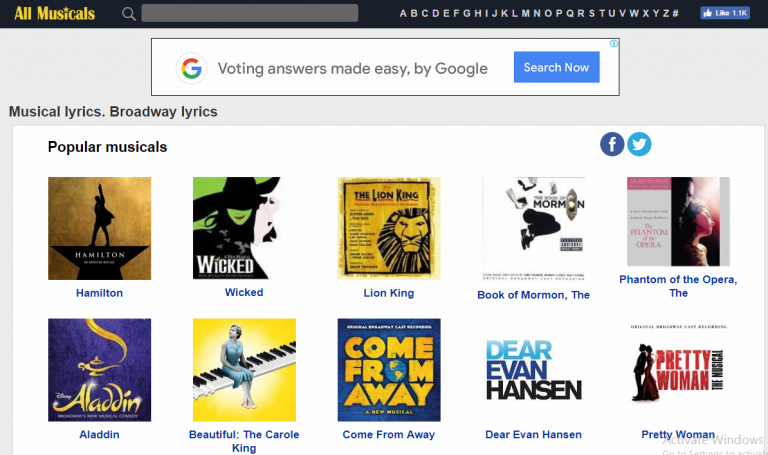Jazz is one of the oldest forms of music which had lost its popularity due to the other latest and modern forms of music like rock music. But, in recent times, jazz music has regained its popularity and has brought a twist in the music world. Today, the guitarists are learning jazz music because of the latest trend of this genre. Carlos Santana, today, has helped build and maintain the popularity of Jazz today. Jazz, with all its quirks, has surprisingly influenced other genres like rock and metal. It is an interesting field – as you will find out on MusicCritic – though it is not for everyone’s taste. However, it is free for anyone to explore.
Learning jazz is not an easy task for beginners. But, it is also not impossible to learn the genre. The guitarists need to pay a little more attention to the learning, compared to learning other forms of music. Moreover, the jazz musicians say that learning jazz can be fun and relatively easy in the initial stage, and enjoyable eventually.
To learn to play jazz music on a guitar is easy once you understand the basics of music theory and the specific techniques used in it.
The Basics Of Music Theory For Jazz
A lot of jazz guitar is based on your improvisational ability, and therefore, you need to have a strong command of music theory. You should be knowing each of the scales, modes, chords, and arpeggios to implement them in playing. Moreover, when you know these basics of jazz music, you will be able to make different patterns with them and create different notes.
Moreover, jazz songs are basically made up of rhythm, chord progressions, and licks. As a guitarist, you need to learn them and then make various combinations to make songs. The main reason for jazz guitar to make it unique is the type of chord progressions used and also the type of chords specifically used in jazz music. However, a majority of the chords used in jazz music are the modified versions of standard major and minor chords.
How To Learn a New Chord?
For learning a new chord you need to follow these points:
- You need to ensure that each note of the chord is clean and clear.
- Do not rush. Take it slow and get comfortable with the chord.
- Practice the chord by moving it up and down on the fretboard.
- Swapping between the chords will give you good practice. Build up the speed during the process eventually.
- By following the steps mentioned, you can put it all together.
Points To Be Considered While Learning Solo
- When you are learning solo, it is better to practice with a metronome on all the four beats and also on 2 and 4. For this purpose, you can download a metronome app and there are lots of them available online.
- It is better if you practice your solo with a backing track so that you can know how it sounds in a musical environment.
- You can also write down the notes while playing and practicing it so, you can refer them when you play the next time.
- Also, write down the rhythms of the chords, so that you can know what is happening over each chord.
- It is very important to analyze each line harmonically and rhythmically and then make exercises out them for the purpose of practice.
Learning 32 bars may seem difficult at first sight. But, if you set small and realistic goals, it is not much difficult to do so. You can transcribe one section in a week, which is 2 bars in a day. Likewise, you can learn the entire chorus in a month and if you learn 4 bars a day, then you can learn it in just 2 weeks. However, it is crucial that after learning the chords, you need to practice them with variations to make new notes, which will make your music stronger.
Moreover, it is also important for a jazz guitarist to carry out improvisation, which you can do when you have learned at least 8 bars of the solo.
How To Learn Improvisation?
Learn The Vocabulary
Try to learn the melodic and harmonic patterns and ideas from other musicians and guitarist, whom you like. Moreover, you can also for different and useful ideas in this relevance to your music teacher, which can be the best way to learn the vocabulary. When you are a beginner, taking assistance from your teacher is the best option to learn.
Use the Vocabulary
It is important that you stick to one idea or lick at a time while practicing.
Combine The Licks, Patterns Or Ideas You Learned
When you have learned different licks or patterns, you can make different variations and use them to make solos. At this point in time, your solos will sound more original.
Using the above steps and tips, you can do improvisation in your music and create different notes and solos. Learning jazz music is not that difficult if you learn it systematically and don’t rush into learning it fast. It just needs practice and more importantly, the improvisation ability.
Read More :
- How To Choose The Best Soundbars System For Your Home
- Demystified: The Interesting Connection Between Politics And Music
Reference Links:
http://jamieholroydguitar.com/beginner-jazz-guitar-lesson-practice-schedule
http://www.fretdojo.com/jazz-guitar-improvisation-for-beginners/






















